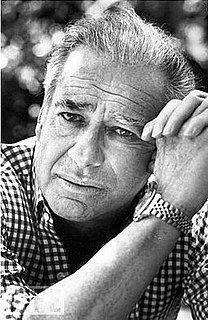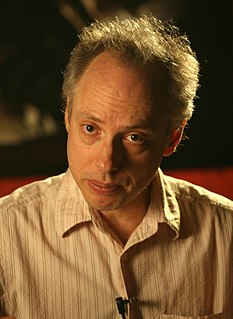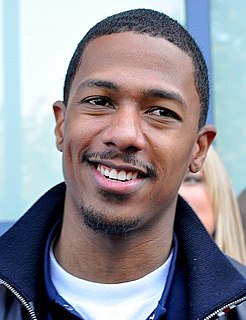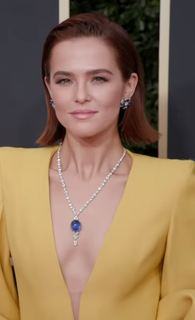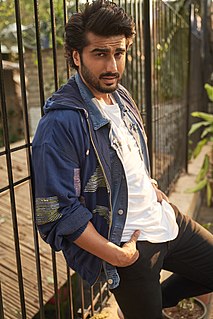A Quote by Bill Hader
I kind of romanticized what it was like to be a writer and director when I was in my early twenties. Working as a production assistant knocked that right out of me.
Related Quotes
You can give the greatest performance possible, but if you don't have a director who's pointing the camera in the right direction and an editor who's editing it properly, it doesn't matter what you do. The director and the editor are the most important people. Not the actors. Sometimes the writer is important. But if you don't have a good director, you can't have a good production.
One thing about being a stand-up is it's a one-man show. You gotta do everything. You're the producer, writer, director, and the actor. You just gotta be out there and perform and give your all. It's such an honest form of art that it just taught me so much, and it kind of prepared me for manhood at an early age.
I only worked on that one movie, but then quickly realized that the path of being an assistant director was not gonna get me to producing. It's a different path coming up through production management and then line producing. So I basically was in the position where I was going to take any job that felt creative, like the one I got, which was reading scripts and writing coverage. So even though I was taking a job where I was making less money than the job immediately prior, it seemed like the right thing for me.
I don't go for holidays or celebrate my success because I know nothing is permanent. I don't let it get to me - like I am India's top director with too many hits. If that happens, I might lose the connect with my audience. The day I go wrong, they will run away from me. I want to be like an assistant director all my life.


